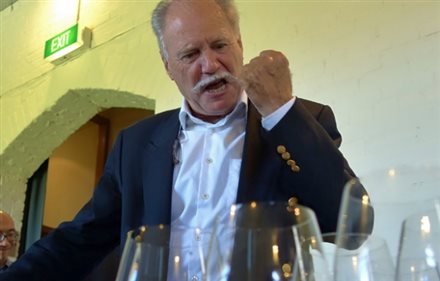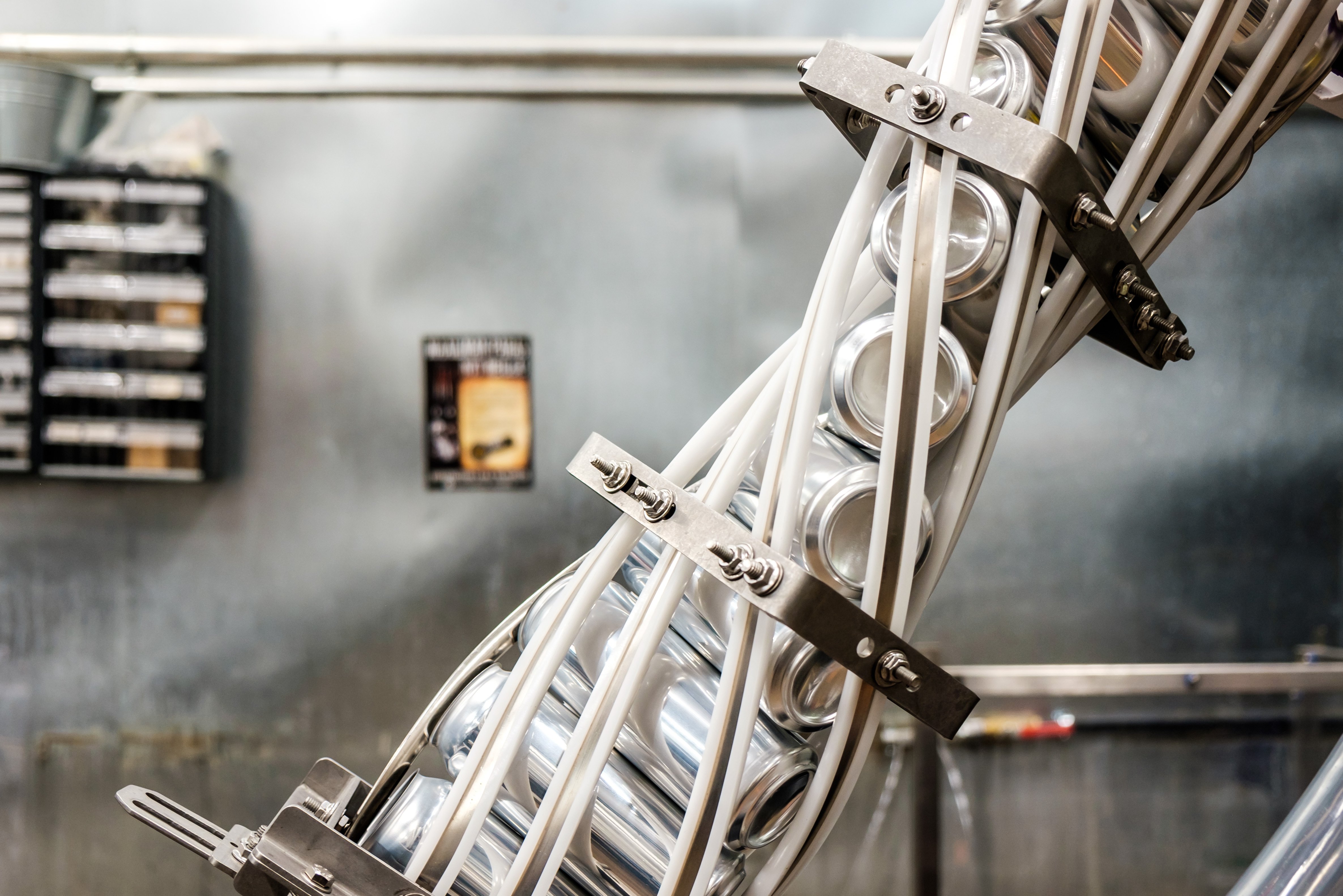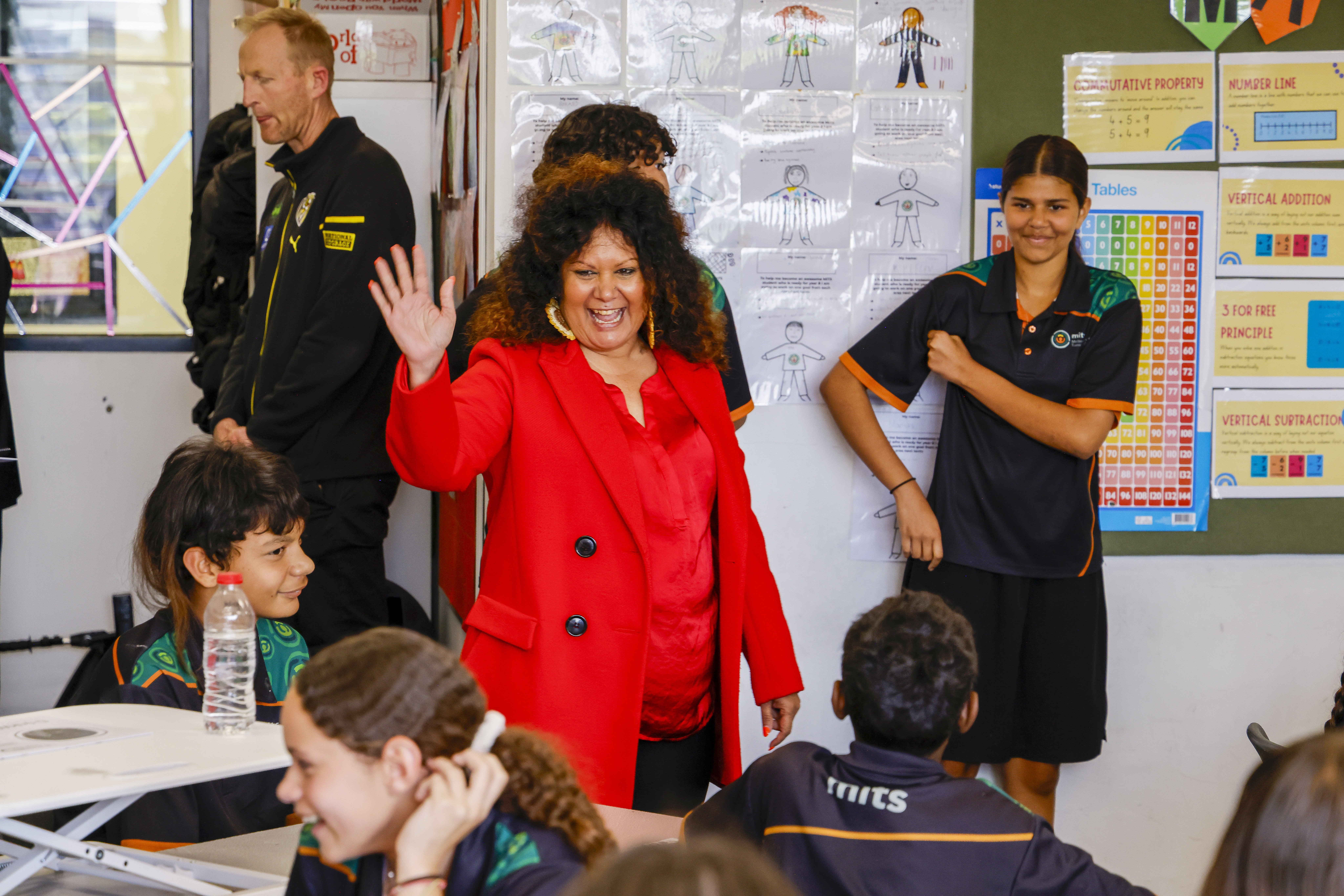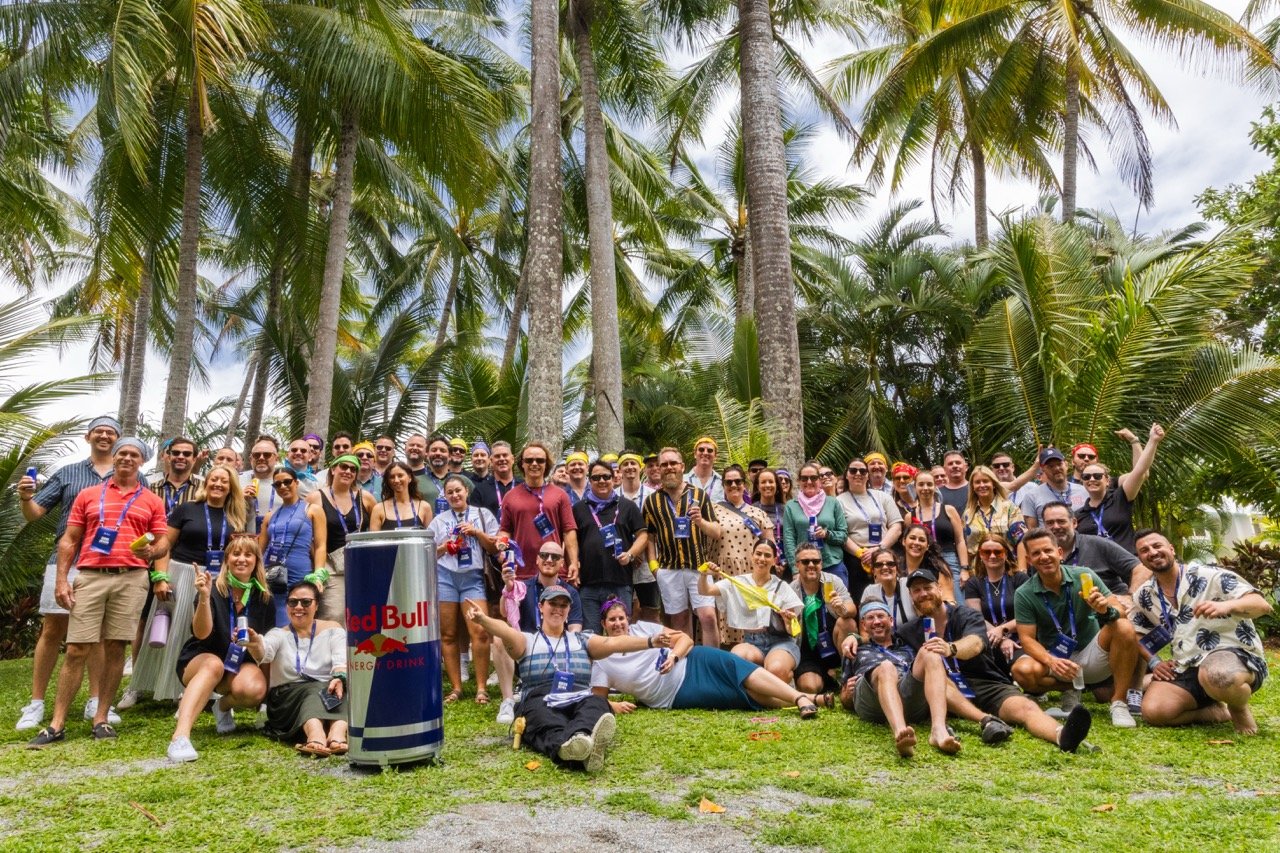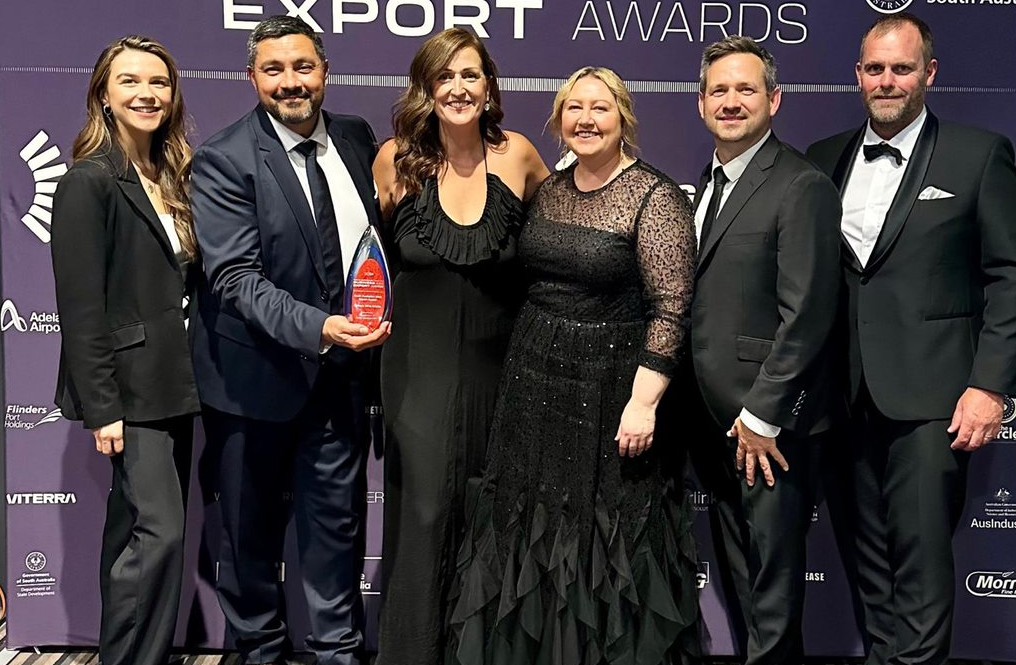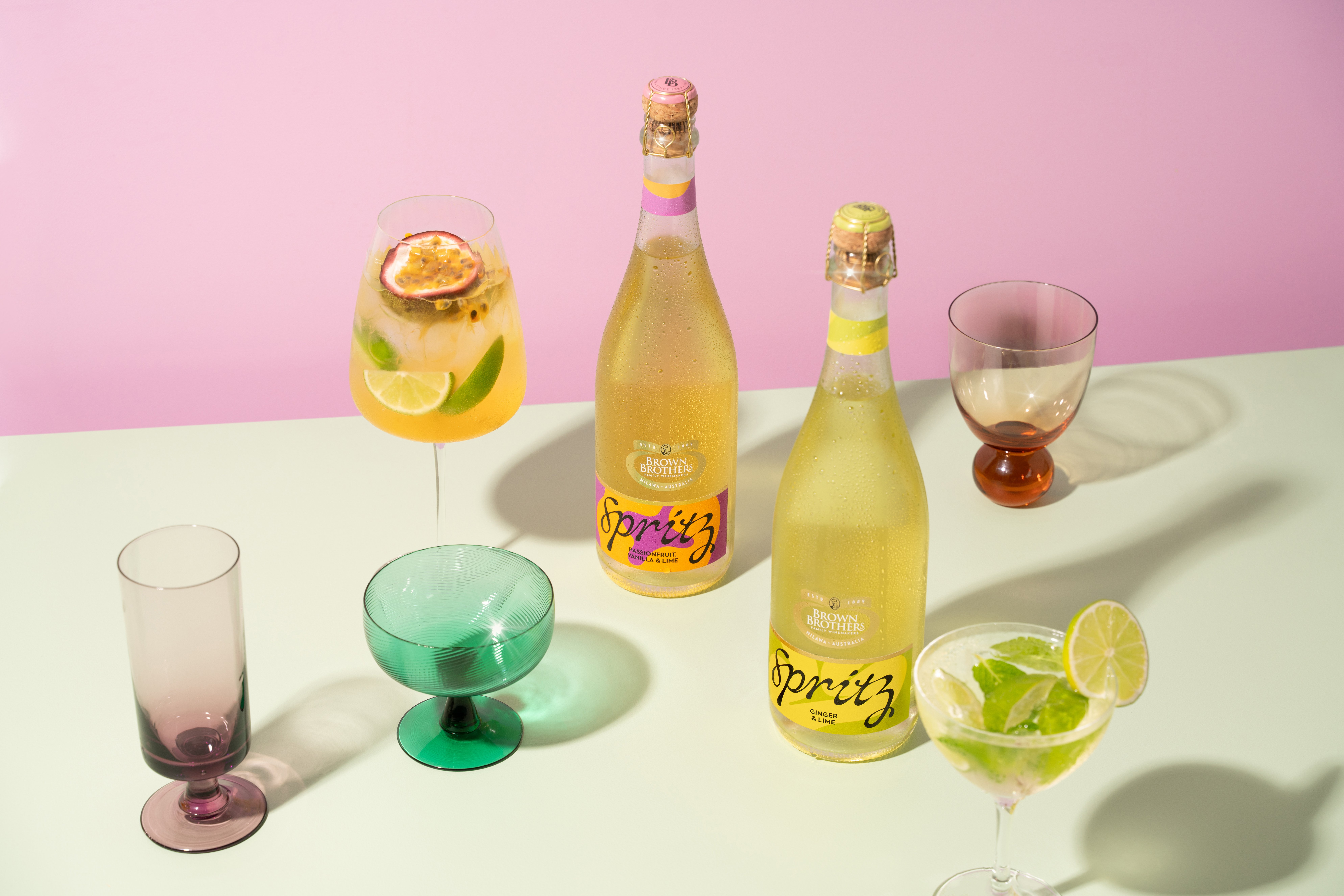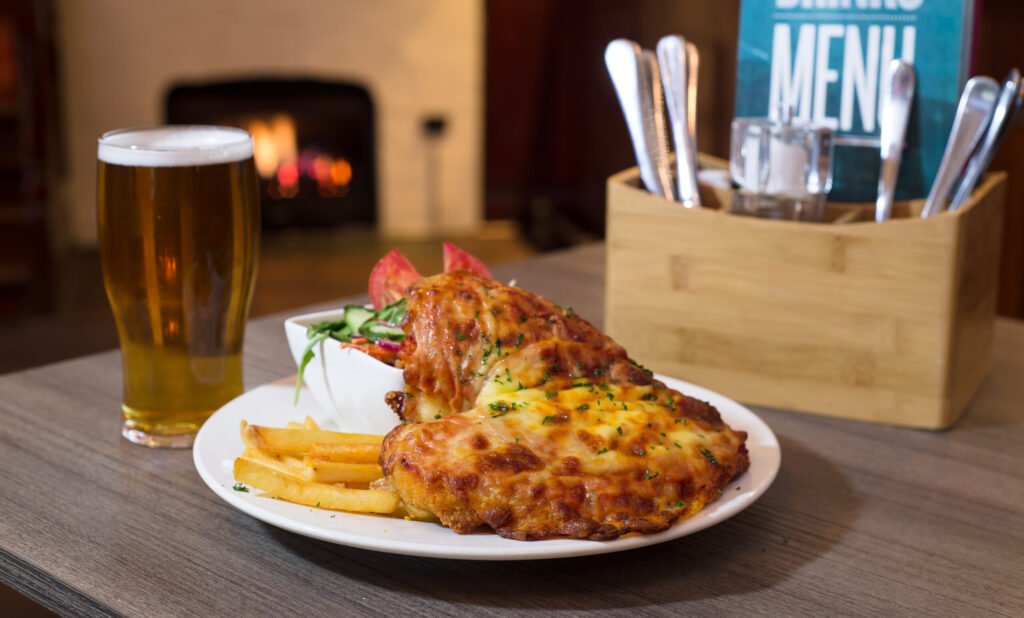Chateau Tanunda owner John Geber has labelled the South Australian government "a bloody bunch of drongos” after discovering his power bills may increase from $40,000 to $100,000-a-year from July.
Geber said he's “pro-green energy, but it’s not an all-or-nothing game" - he believes the State Government has been too hasty in its uptake of renewable energy and its dismissal of Alinta’s $25 million offer to keep the coal-fired Northern power station operating.
He told Adelaide Now: “They couldn’t run a p... up in a brewery. It’s just incredible what’s going on.
“Everybody is buying generators, which is filthy electricity, we close down our (coal-fired) plant all because of this renewable energy goal — there’s no comprehension of how to run a business. It’s just a joke ... beyond belief.
Geber has engaged an energy broker to help with the situation, but companies including Momentum Energy have refuse to provide quotes. A Momentum spokesman confirmed to Adelaide Now that it was not entering into contracts with large commercial users in SA because of “current market volatility”.
Winemakers unite to protest power bills
The Winemakers' Federation of Australia has written a submission to the Finkel review into energy security warning of the impact of rising power prices and reliability of supply, especially for producers in South Australia, which has experienced three major black-outs in the past six months.
"The Australian wine industry has become increasingly concerned about the increasing cost of electricity and the potential for business disruption through decreased reliability of supply," the submission said.
"These concerns have been accelerated in recent years as costs have risen to unacceptably higher levels and the symptoms of an inherently broken system have become apparent."
Winemakers' Federation of Australia chief executive Tony Battaglene told The Australian Financial Review it was only the big players who could afford to make the capital investments of solar PV and batteries, saying most of Australia's 2400 wineries were small, family-based operations.
"They are very vulnerable and there are also issues with security of supply," he said. "If power costs increase that will be impacting on profitability. To be internationally competitive we have to keep those costs down."
O'Leary Walker Wines, for example, put the 30-kilowatt unit on top of one of its buildings in the Clare Valley, only to find its annual power bill had increased by 50% to $50,000 a year.
"We didn't put solar in to run the winery but we did it to ameliorate and reduce our bill, which was becoming too expensive," explained wine maker David O'Leary. "That was the aim. We thought we were doing the right thing. But it hasn't turned out that way.
"As a smaller operator it makes it a lot harder to operate. And we're in an industry where we haven't had a price rise on bottled products for 12 or 13 years. It's a very price sensitive market. When your costs go up it makes an impact and affects whether you're going to employ more staff."
The Finkel review, chaired by Chief Scientist Alan Finkel, will table its final report into the National Electricity Market by the end of June.
Accolade turns to solar power
The SA government yesterday announced it had given a Riverland council $5million to help fund a $25million, 10-megawatt solar plant at Berri.
The project, led by Accolade Wines and the Central Irrigation Trust, is aimed at stabilising energy supply in the region.
Accolade is hoping to begin building a new $40 million bottling facility in the Riverland in the next few months. Once complete, it will employ about 40 people and have bottling capacity of up to eight million cases of wine annually and storage capacity of more than 22 million pallets of inventory.
Share the content
